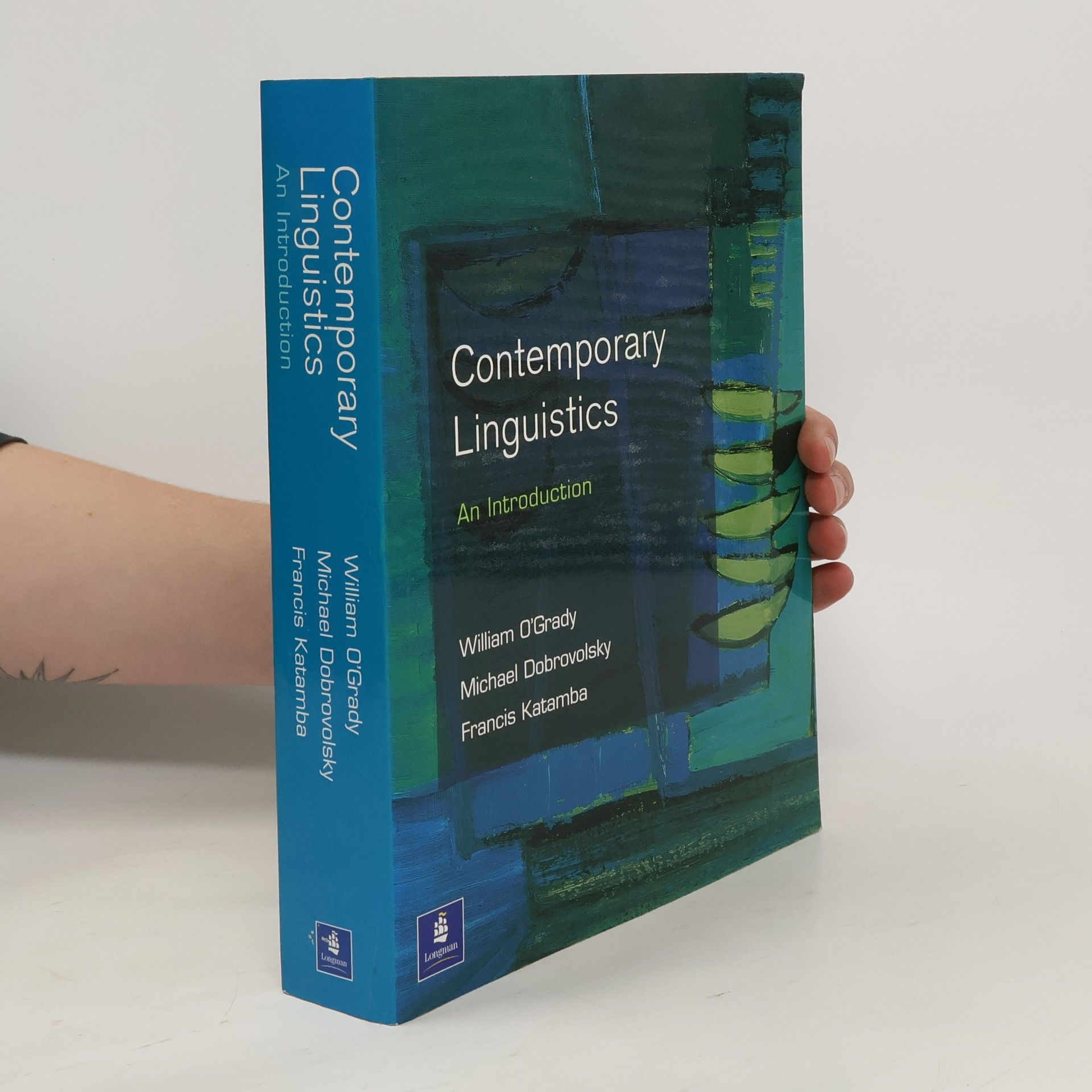The Sounds of Korean: A Pronunciation Guide
- 268pagine
- 10 ore di lettura
This book is a highly readable introduction to Korean pronunciation for students at all levels of proficiency. Beginners will find the information and practice they need to cross the threshold of intelligibility in Korean, while more advanced students will have the opportunity to fine-tune their pronunciation and improve their comprehension. The Sounds of Korean focuses on the most challenging features of Korean pronunciation. Careful attention is paid to the way in which a sound's pronunciation can be modified in different contexts. The first part of the text consists of an overview and chapters on vowel and consonant sounds in Korean, adjustment processes that modify speech sounds in different positions within words and phrases, and the role of prosody in expressing meaning and emotion. The practice exercises that follow are paired with the various contrasts and adjustment processes discussed earlier. These exercises, recorded in MP3 format by two native speakers (male and female) from Seoul, give students systematic, focused exposure to natural colloquial speech that represents the way Korean is actually spoken in the real world.



